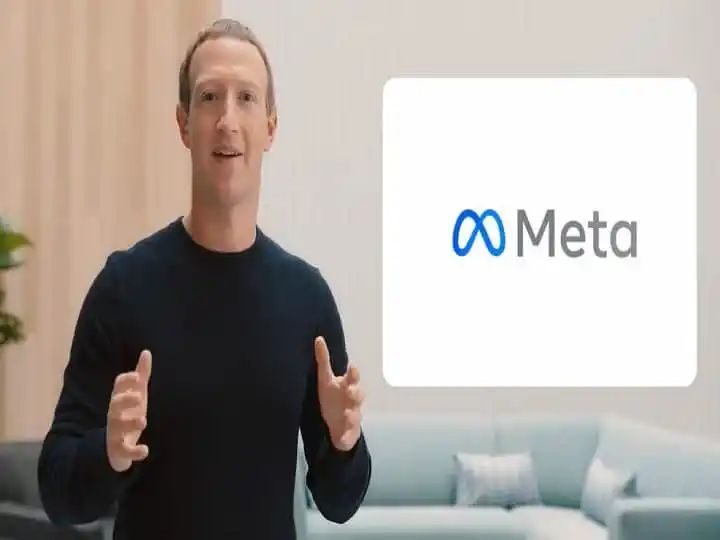Facebook CEO Mark Zuckerberg announced the company would be changing its name to Meta at this year’s Facebook Connect. Zuckerberg said the company wanted to be known as a metaverse company.
Zuckerberg revealed some important features that can be expected in the metaverse.
The metaverse is seen as the next version of the internet, where people can experience the virtual world and interact with each other.
Zuckerberg said privacy and safety must be built into the metaverse from Day One. The main features of the metaverse will be Presence, Avatars, Home Space, Teleporting, Interoperability, Privacy and Safety, Virtual goods, and Natural Interfaces.
Avatars will enable floating in space. There will be photorealistic avatars, fantasy avatars, and different wardrobes.
He said Horizon Workrooms, Horizon Home, and Horizon Worlds will be part of the metaverse, and it will take gaming to the next level.
Zuckerberg owns meta.com, which redirects to a welcome page on Facebook where the changes are outlined, and also a Twitter handle, @meta.
He said their goal is still ‘Connecting People’, and that people can enjoy an immersive experience in their home space by just wearing glasses.
Facebook also clarified that the names of the apps built by the company won’t change.
“The names of the apps that we build—Facebook, Instagram, Messenger and WhatsApp—will remain the same.”
Zuckerberg said the defining quality of the metaverse will be a “feeling of presence”.
“…like you are right there with another person or in another place. Feeling truly present with another person is the ultimate dream of social technology. That is why we are focused on building this.”
The metaverse enables people to invite others into the virtual space. Teleportation in the metaverse is like clicking links on the internet, he said.
Also, people can project themselves as holograms, and one can bring anything into the metaverse.
In a Facebook post, Zuckerberg wrote: “Our hope is that within the next decade, the metaverse will reach a billion people, host hundreds of billions of dollars of digital commerce, and support jobs for millions of creators and developers.”
He said the metaverse will touch “every product we build”.
“You’ll move across these experiences on different devices — augmented reality glasses to stay present in the physical world, virtual reality to be fully immersed, and phones and computers to jump in from existing platforms. This isn’t about spending more time on screens; it’s about making the time we already spend better.”



